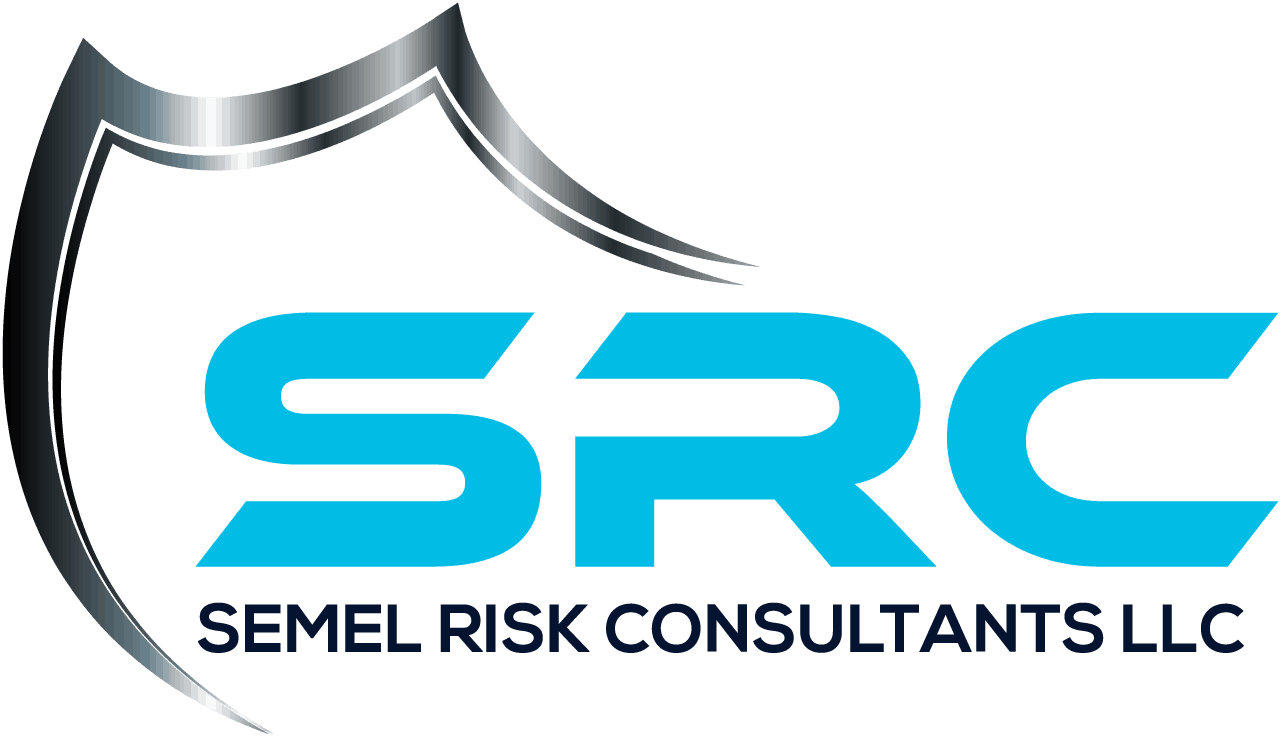As an employer, are you paying high insurance premiums for a group health plan? Do you want to know how to save money on your health insurance premiums? Are state health insurance laws and ACA (Affordable Care Act) policies costing you fees and taxes?
If so, self-funded health insurance plans offer higher savings for employers, tax breaks, and more than adequate coverage for most employees. Further, you don’t have to incur too much risk. You can be partially insured through stopgap insurance to avoid paying exorbitant health costs while enjoying the benefits of a self-funded health insurance plan.
Self-funded Health Insurance vs. Fully-funded Health Insurance
Often used by employers, a fully-funded insurance plan is administered by an insurance company that the employer pays. Self-funded health insurance, on the other hand, is administered through the business owner. When an employer/corporation uses a self-funded health insurance plan, they take on the risk of their employees’ health costs.
Because of this, self-funded health insurance gives the employer multiple benefits — tax breaks on insurance premiums and lower overall health insurance costs. Because of these benefits, there is a long list of companies using self-funded insurance.
Further, for those interested in self-funded plans but who feel uncertain about conducting their own health administration, you can hire a third-party administrator at a fraction of the cost of a fully-funded health plan. You can start finding a third-party administrator by contacting your local consultant.
While there are many detailed differences between fully-funded and self-funded health insurance, here are some basics to give you a working knowledge before further discussing the advantages of self-funded health insurance.
Fully-funded Health Insurance:
- Administered through a health insurance company
- Plan options come prepackaged with little flexibility
- Insurance company takes on the risk of employees health costs
- Employer pays monthly premiums to insurance company
Self-funded Health Insurance:
- Administered through the employer or a third-party administrator
- Plan uniquely fits the company’s and employees’ needs
- Employer/company takes on the risk of employees health costs
- Employer and/or employee contributes to a trust or other unique account for health costs

Benefits of Self-Funded Health Insurance
If you are an employer who handles risk well, self-funded health insurance benefits deserve some more explanation:
- Employers gain flexibility in their plan. Instead of relying on prepackaged insurance plans, they can create their own plan.
- Employers don’t have to pay a “risk charge” fee based on the potential health costs. There are other fees such as retention fees that self-funded employers avoid.
- Self-funded health insurance plans are not regulated by state laws and are not required to meet all ACA rules. This means that in many cases if you have healthy and younger employees, you don’t have to supply certain coverages in your health plan.
- Self-funded health insurance employers don’t need to pay state insurance premium taxes. That saves a company about 2-3% of its insurance costs annually.
- Employers can have a higher cash flow. Since you don’t need to pre-pay insurance premiums, you can leave your money in an interest-bearing account for potential health costs.
Self-funded health insurance plans offer tremendous savings — tax breaks, savings, no fees. They avoid state laws and do not have to comply with all ACA regulations for health insurance, potentially reducing your overall costs.
Finally, you can control your own group health plan and fit it to your employees’ and business’s needs.
Also, self-funded health insurance does not only apply to medical coverage. Employers can use self-funded health insurance for nearly anything:
- Healthcare
- Short-term Disability
- Dental
- Vision
- Prescriptions
Minimizing Risk in Self-Funded Health Insurance
Some employers may like the sound of self-funded health insurance. But many might worry about the risk of possible health claims. You may want to know how to further minimize the risk. You also want to ensure the health of your employees. There are available tools:
- HSAs (Health Savings Accounts) are tax-free savings accounts that employers and/or employees can contribute to throughout a fiscal year. HSAs are particularly useful if the self-funded health insurance plan is an HDHP (High Deductible Health Plan). The savings in these accounts can allow your employees to pay for their high deductible throughout the year if health costs are incurred while reducing your risk.
- Stopgap (or stop-loss) insurance covers any health claims above a certain dollar amount. This allows employers to reduce risk by knowing that any claims above a certain amount will be covered. The cost of this insurance is marginal in comparison to fully insured monthly premiums.
HSAs give your employees tax-free savings for their health costs if you desire to reduce your overall risk as an employer by having a higher deductible in your health plan. Stopgap insurance will cover exorbitant health claims.
These tools allow risk to be minimized incredibly. As you navigate these risks and tools, Semel Risk Consultants offers help with HSAs and stopgap insurance.
Setting Up Self-Funded Health Insurance: The Third Party Administrator
If you don’t see yourself being a good administrator for your self-funded health insurance, then you can hire a TPA (Third Party Administrator). They will process medical claims, act as a record keeper, and be the point of contact regarding all things health insurance for your employees.
Instead of learning all the laws and policies governing self-funded health insurance, this TPA will advise you and act on your behalf within legal parameters. Hiring a TPA will still maximize your company’s savings. They are a margin of the cost of health insurance premiums for a fully-funded plan.
If you want to look further into hiring a TPA for group insurance and how that would affect your company, Semel Risk Consultants will help you on the journey to better insurance savings and is local to Reno and Las Vegas.



